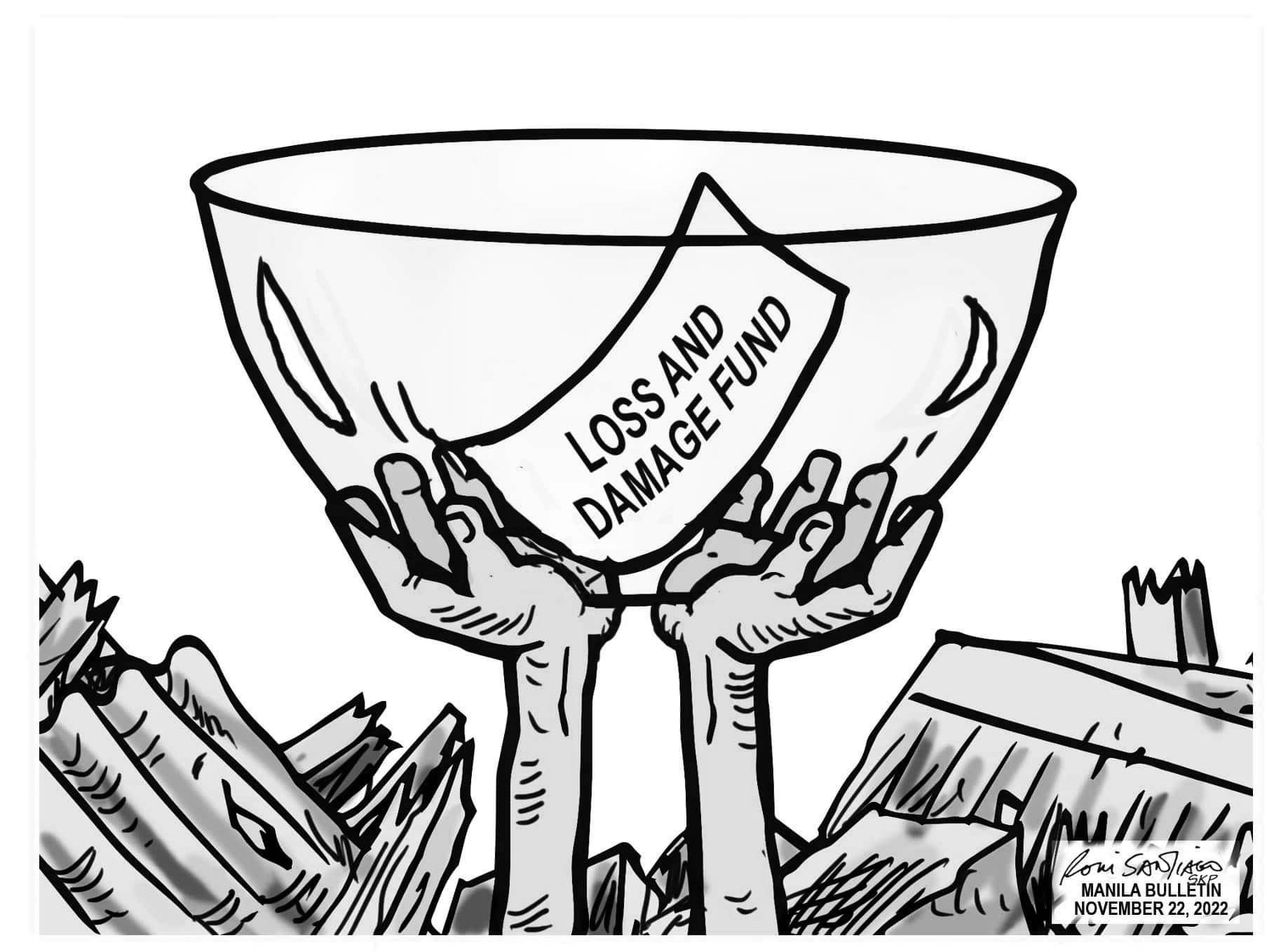The inconvenient truth of loss and damage
COP27 was all about money and the “loss and damage” catchphrase only gives the illusion of progress. Why is it so?
Credits to MB
As exactly one year ago, covid-19 hit me again. A few things have changed in my life over the past 12 months: my job, the country and the city I live in, and a couple of more points. But what has remained unchanged, is my obstinacy to understand and explain the real impact of climate diplomacy events, like COP27.
In between hot herbal tea and plain rice, I had a lot of time to clear my head about what happened in Egypt a few weeks ago. Reading through the web, I found an interesting article by Oxford Professor Dieter Helm, one of my climate gurus. It was so inspiring that I took the liberty to adapt it in the following.
The short story is that my dearest Greta was probably right. COP27 was not serious about climate change, and after 26 previous COPs, this latest one will not make much difference to the march of the carbon concentration in the atmosphere.
If you missed it, the carbon concentration in the atmosphere has been marching up 2 parts per million every single year for the past 30 years, even during the 2008 financial crisis and the 2020 pandemic. And guess what? The UNFCCC, the system under which COP27 and sisters take place, has been founded exactly 29 years ago.
So, why was Greta Thunberg right? Because COP27 gives the illusion of progress. Everything was about the money, moving on from the focus on emissions to the issues of compensation. The African COP was all about who should pay for the past and, while the case for compensation is strong, it does nothing to deal with the causes of today’s emissions.
“Loss and damage” was COP27’s catchphrase, whereas Durban and Paris were supposed to be about “legally binding treaties and legally binding targets”. Egypt was supposed to pick up the failures at Glasgow to sign up to nationally determined contributions (NDCs) that added up to no more than 2˚C. It didn’t.
As a moral argument, “loss and damage” stands out. Who could seriously dispute that the rich, developed countries put most of the carbon up there in the atmosphere (though China is catching up), and that that carbon is causing the climate to warm?
But will money change this? Assuming that there will gradually be euros, dollars, and any other currency you wish in the new non-legally binding compensation pot, none of this is likely to reduce a single tonne of carbon. In itself, loss and damage will not pull-down emissions nor increase sequestration. It is not meant to: it is meant to help pay for the damage.
Quoting Antonio Guterres, “We are on a highway to climate hell with our foot still on the accelerator”. And all this focus on loss and damage, simply means that we are only looking at the rearview mirror, not one single second ahead of us to save a few meters and direct away from the climate hell.
The new fund may not even get much money, adds Mr Helm. The prior Climate Fund, aimed directly at the causes of climate change, has never actually met its target. And its target is so small as to fall well below that of the annual dividends of Saudi Aramco.
The idea that the voting populations of the great democracies of the north are going to put aside much more of their national incomes for those affected by climate change in the south is delusional. Take the UK.
Voters in the UK quite like the reduction of the overseas aid budget from 0.7% to 0.5% GDP, and do not seem to mind that quite a bit of that smaller number is being spent within the UK on asylum seekers. Imagine an election manifesto that promised that 1% or more of GDP would be spent on loss and damage. It would not exactly be a vote winner.
The next question is how the fund is governed, who gets it, and what constraints there are on corruption. If the money goes to non-democratic countries, what is to stop corrupt leaders from siphoning it off? The good news is that the UN will have a role; the bad news is that the UN’s record is not exactly squeaky clean.

